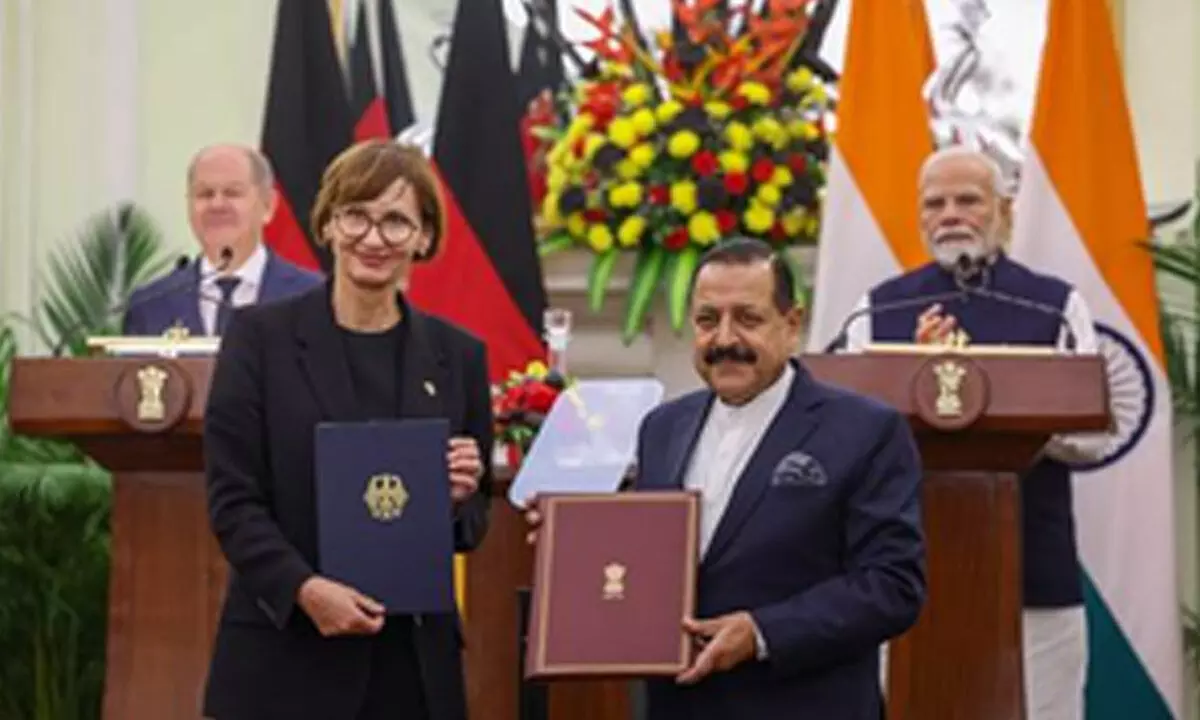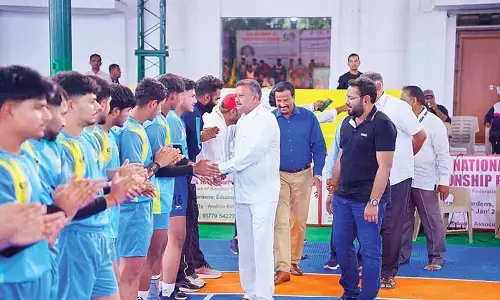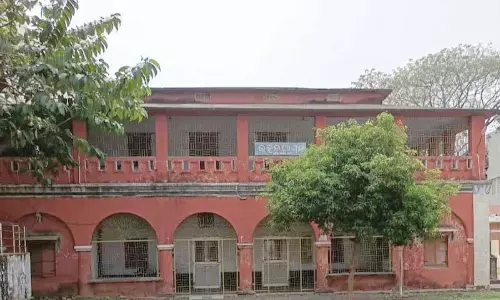India, Germany collaborate to boost research in advanced materials
Share :

Underscoring the commitment to foster cutting-edge research that will drive innovation and address global challenges, India and Germany have signed a joint declaration to boost research and development in advanced materials.
New Delhi: Underscoring the commitment to foster cutting-edge research that will drive innovation and address global challenges, India and Germany have signed a joint declaration to boost research and development in advanced materials.
The exchange was held in the presence of Prime Minister Narendra Modi by Union Science and Technology Minister Dr Jitendra Singh and German Federal Minister Bettina Stark-Watzinger.
Dr Singh highlighted recent collaborative successes, such as the launch of 2+2 joint projects in areas like “Waste to Wealth” and sustainable packaging, as well as a new call for proposals in ‘AI for Sustainability’.
The initiatives, along with the Joint Declaration of Intent, will be presented as key outcomes at the upcoming Indo-German Inter-Governmental Consultations led by the Prime Minister of India and the German Chancellor, said the minister.
Dr Singh also hailed the Indo-German Science and Technology Centre (IGSTC) for its instrumental role in promoting joint research, having supported over 50 projects and connected young researchers from both nations.
Discussions included the recent establishment of the International Research Training Group (IRTG) between IISER Trivandrum and Würzburg University, focusing on photoluminescence in supramolecular matrices, a testament to the advanced, collaborative research being fostered between the two countries.
The minister also reaffirmed India’s commitment to long-term international projects such as the Facility for Antiproton and Ion Research (FAIR) in Darmstadt, where Indian scientists play a key role in advanced materials and particle physics research.
The discussions also highlighted national initiatives such as India’s Anusandhan National Research Foundation (ANRF) and the National Quantum Mission, both aimed at scaling up R&D across priority areas including electric mobility, sustainable agriculture, and advanced materials.
“India’s National Hydrogen Mission could offer promising joint opportunities in R&D, production, and sustainable energy storage,” said Dr Singh.














